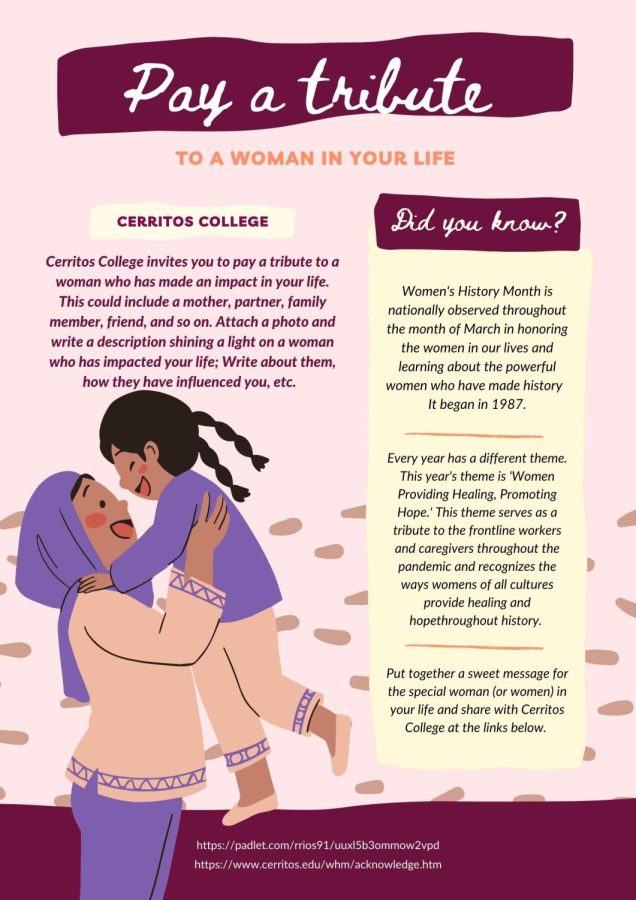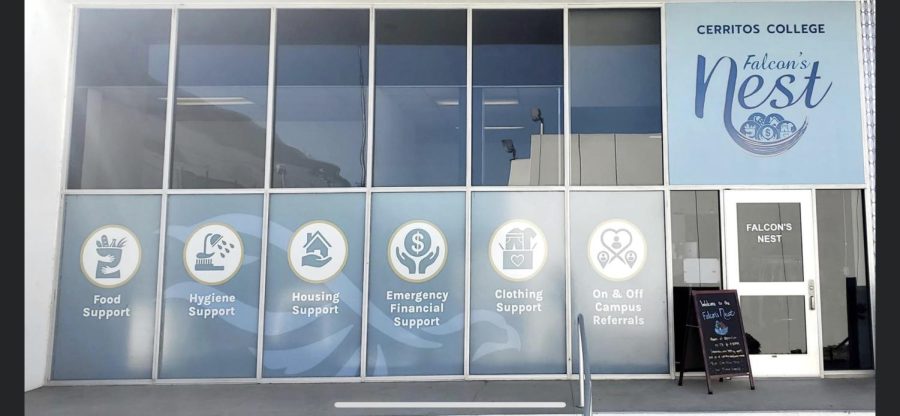Psychology professors Dr. Jaclyn Ronquillo and Dr. Veronica Sanchez, held a panel in SS 215 on April 24 in which they were asked questions in regards to the gender-related challenges and situations they encountered while studying psychology, provided strategies to tackle them, and stressed the importance of awareness.
Additionally, there was also a portion of the panel time given to attendees who had questions of their own.
As the events of Women’s History Month continues on campus, this panel was in coordination with the Psychology Club and professors Ronquillo and Sanchez.
“What gender-related challenges have you faced experienced in your academic career and how did you manage the experience?”
Ronquillo began the discussion by sharing her experience within her social psychology lab in grad school.
“I was the only female in my social psychology lab. It was pretty salient…”
She stated that her male colleagues were very supportive.
However she did mention that at times, because she studied under a field that was more male dominated there was this “internal” challenge she faced.
When she studied social neuroscience, considering it was “very male dominated” she found at times her self-confidence was impacted.
“But, I would engage in self-talk making sure I could stay confident…”
Sanchez expanded on Ronquillo’s points by stating “psychology for a bulk of decades has been predominantly male dominated…”
“I think all my professors, except for one while I was studying here at Cerritos College were all male. Even when I transfered to Cal State Long Beach I had maybe a couple female professors.
“So I wondered which would be both psychological and philosophical was ‘How does that impact my learning?
“For instance, is there any difference in terms of what I’m being exposed to when its coming from primarily males versus females.” Sanchez expanded on.
She discussed for example Freud and how the male perspective “ignores to some extent or leaves a bit of a void in terms of ‘Well what about females?’”
The philosophical view to her questions led her to wonder about her education. “What kind of perspective was I lacking? Or how might my education have been a bit different had I been exposed to an equal balance of male and female professors…”
Sanchez discussed her experience within seminars during her time in graduate school where she would have to discuss articles and not only were they male dominated with maybe one or two female students, but she also had this experience where everything felt “guided by men…”
This left her feeling discouraged at points because there would be difficulty in finding ways into the conversation or questioning whether what she discussed was important.
“But it’s like Ronquillo said that it’s all about self-talk. ‘We are all colleagues here, even if I’m feeling like I’m being treated a bit differently, it’s not because I’m not capable. There’s just some other dynamic at play here.”
She stressed the importance of not letting subtleties bring her down and not letting male colleagues comments, etc. “back her into a corner.” Sanchez stated that if anything like that is to ever happen, to speak up and be both tactful and assertive. She also mentioned that being clear about limits is important as well.
Iman Ali, psychology major, said “It was a very good panel.”
The discussion then concluded by gearing towards the importance of building awareness and understanding for females and female colleagues within the field.
Sanchez mentioned,”Try to be present and cognizant…It requires effort and it won’t come easily. Acknowledge the behavior and break that…”
The conversation then moved to discussing the advice students should have if they ever perceive gender-related challenges in a class.
“Utilize your support systems. Whether its family, friends, professors, always know there are people who will support you…” Ronquillo mentioned.
She even said that also mind sets or interpretations can pre-dispose oneself to a certain way of thinking. Finding a way to gear a situation into a positive one with self-talk is also very helpful.
In addition, they shared how important it was to tactfully know and call awareness to what someone says if it may be offensive.
Ronquillo and Sanchez then discussed the importance of engaging in awareness. Asking the audience, attendees agreed that they learn from each other.
Ronquillo stated that “awareness comes from conversation,” and Sanchez reiterated that while it depends on each situation, having a social support system, being proactive, and knowing who to go to is important.
Psychology major, Cindy Servin said, “It was very eye-opening because they discussed their own experiences.”
When expanding on why a panel was chosen for this discussion, Sanchez said not only did the theme (of Fighting Gender Discrimination) allow for this to be a first for this kind of conversation with the Psychology Club to discuss, but also that there is a lot of value to the particular format.
“The panel format is also very welcoming for everyone. In a panel you have people who are guiding the discussion, so it easily opens up the floor for participants and students to chime in with their own experiences.”








